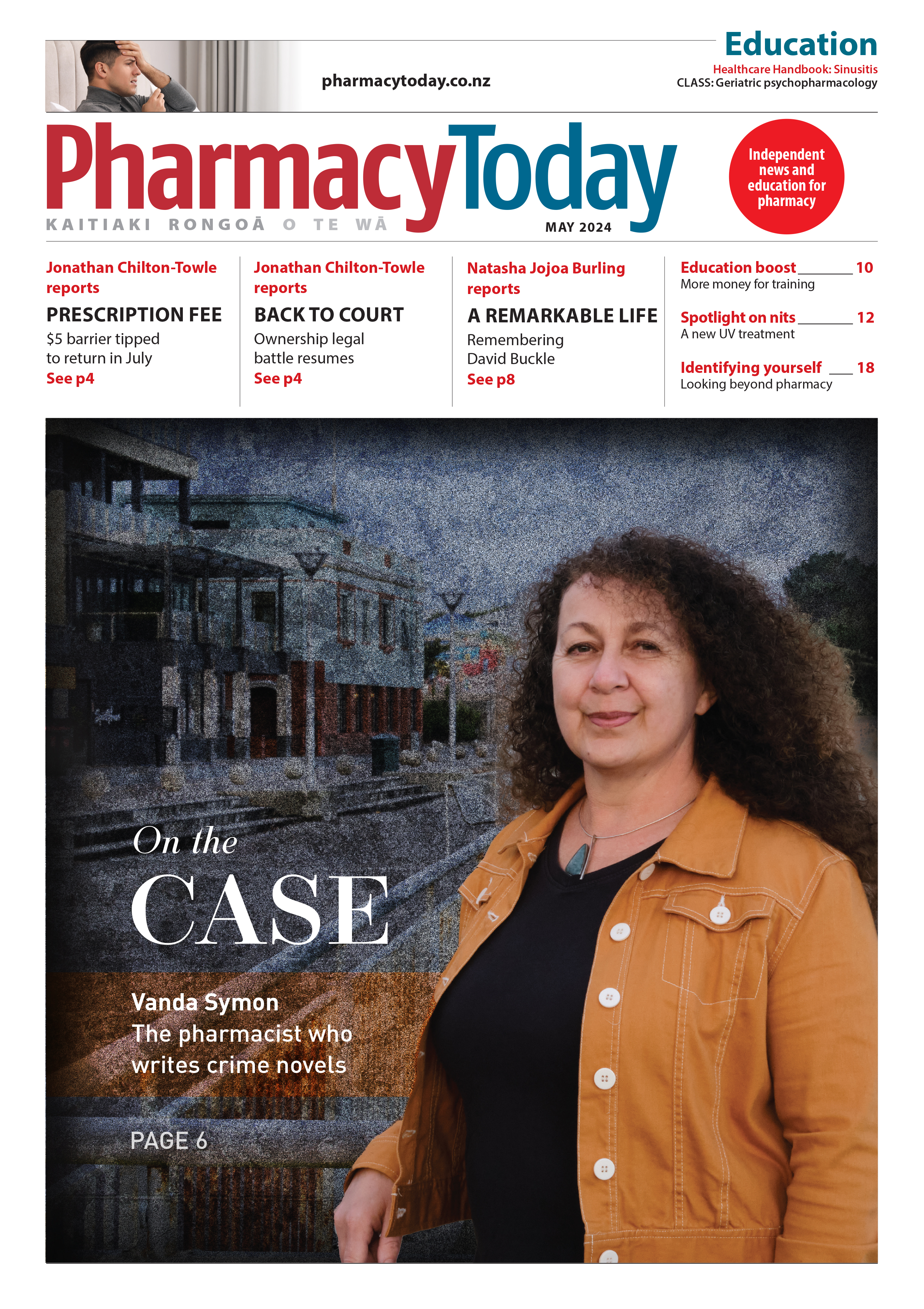This article, written by Sidhesh Phaldessai, provides an overview of geriatric psychopharmacology, including the epidemiology of mental health disorders in the older population, the physiological changes that occur with ageing and their impact on pharmacokinetics and pharmacodynamics, and the use of psychotropic medications in older adults
Free Funded Medicine Delivery Set to Address Healthcare Inequity - Pharmacist
Free Funded Medicine Delivery Set to Address Healthcare Inequity - Pharmacist
Thousands of patients throughout New Zealand living with chronic medical conditions will no longer have to pay for the delivery of funded medicines to their homes.
A new initiative by one of the largest independent pharmacies is designed to reduce inequity in healthcare and will see patients receive medicines to their homes free of charge.
The move by Zoom Pharmacy follows the recent removal of prescription fees by the Government and is set to boost access to healthcare for Maori, Pasifika, rural and other patients with long-term health and chronic conditions.
Pharmacist Din Redzepagic from Zoom Pharmacy, says although fully funded, accessing medicines can incur indirect costs for patients - which creates barriers for some of society's most vulnerable.
He says this is believed to be the first time a New Zealand pharmacy has offered free nationwide delivery for funded medicines - regardless of the quantity.
“Our research shows around 30% of prescriptions are not filled, and we know that indirect costs are a significant impediment for the hundreds of thousands of patients with non-acute medical conditions who need to take prescription medicine daily.
“Every time a patient needs to take time off work, put petrol in their car and drive to a pharmacy to pick up a script it represents an indirect cost to access medicine.
“Any additional cost or difficulty in getting into a community pharmacy can impact long term health outcomes for Kiwis.
“Recent changes which have seen the removal of co-payment prescription charges have enabled us to expand a new health care model and eliminate access barriers which might prevent a patient from getting the care they need.
“In the past, this level of service would only have been available to high use patients with four or more prescription medicines, however the Governments removal of prescription fees has changed the economics of our model and we can now expand this to include those on even just one funded medicine.
“In countries like the US a quarter of medicines for the treatment of chronic conditions are delivered directly to the patient - as there is widespread awareness this leads to increased adherence to prescription medicines, a critical mechanism by which a nation’s health can be significantly improved,” he says.
Redzepagic says the patient groups who will benefit most from this will be those living with chronic yet treatable conditions such as diabetes, high blood pressure and asthma - as well as those on a low income.
“The feedback from the lower socio-economic areas we deliver to is that many patients are working long hours, often double shifts, where there is little time left in the day to pick up a script from a community pharmacy.
“This is contributing to poor health outcomes for Maori and Pasifika in particular. For those living in areas of low population density, a trip to a pharmacy is often a major undertaking,” he says.
Redzepagic says patients will also be able to have other non-prescription products delivered for free at the same time.
“The model allows patients to have their doctor send their prescription electronically through to one of our pharmacists for fulfilment and delivery.
“In the same package, they can purchase a range of other over-the-counter (OTC) products such as a paracetamol and have those delivered free.
“Our analysis shows we dispensed over 370,000 medicines last year and the patient cohort we work with will save over $400,000 in delivery costs over the coming 12 months alone - many of these would not have been able to access essential medicines without this cost reduction,” he says.





